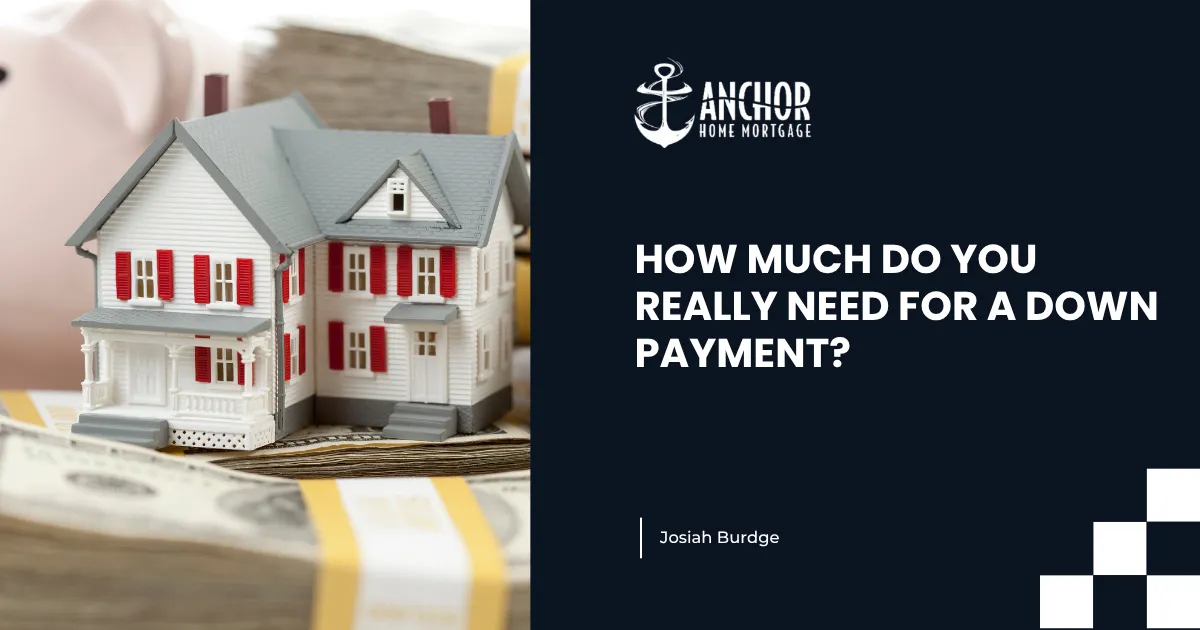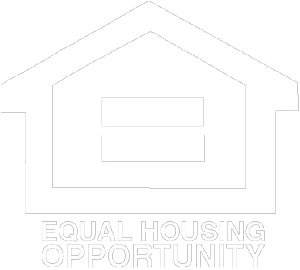
How Much Down Payment Do You Really Need? Understanding Today’s Options and Assistance Programs
The 20% Down Payment Myth
For years, homebuyers were led to believe they needed a 20% down payment to purchase a home. While putting down 20% does have benefits—like avoiding private mortgage insurance (PMI) and lowering your monthly payment—it’s no longer the norm. In fact, according to recent housing data, the average down payment for first-time buyers is closer to 6-7%, and even lower for some buyers using government-backed loans.
The shift reflects a broader push for housing accessibility, especially for those without large savings. Let’s break down what’s really required and how today’s homebuyers are making it work.
Minimum Down Payments by Loan Type
Understanding how much you’ll need upfront depends on the type of loan you qualify for:
Conventional Loans: These typically require a minimum of 3% down for qualified borrowers. However, a credit score above 620 and stable income are usually necessary.
FHA Loans: Backed by the Federal Housing Administration, these require just 3.5% down for borrowers with a credit score of 580 or higher. For scores between 500–579, 10% down is needed.
VA Loans: For eligible veterans and active-duty service members, VA loans often require no down payment and offer competitive rates with no PMI.
USDA Loans: Designed for rural and some suburban buyers, these also offer a zero down payment option for qualifying low- to moderate-income borrowers.
In short, many buyers can secure financing with significantly less than 20% down—sometimes even with nothing down at all.
What Is Down Payment Assistance (DPA)?
For those who do need to put money down, various down payment assistance (DPA) programs can help ease the burden. These programs are typically offered by state and local housing agencies, nonprofits, and even employers. They come in several forms:
Grants: Free money that does not need to be repaid.
Forgivable Loans: Loans that are forgiven after you stay in the home for a set period (usually 5 to 10 years).
Deferred Loans: Payments are postponed until you sell, refinance, or pay off the mortgage.
Matched Savings Programs: Some programs will match your savings toward a down payment, dollar for dollar.
Eligibility for DPA programs typically depends on factors like income, credit score, and whether you're a first-time buyer. Many also require homebuyer education courses to ensure participants are financially prepared.
Who Qualifies for Down Payment Help?
You might be surprised to learn that you don’t need to be low-income to qualify. While many programs do target first-time buyers with modest incomes, others offer support to public service professionals (like teachers, nurses, and firefighters), buyers in underserved areas, or households below the area’s median income.
Some programs even allow second-time buyers if they haven’t owned a home in the past three years.
How to Find the Right Program
To explore your options, start by contacting your local housing finance agency. They’ll have up-to-date information on the assistance programs available in your area. You can also speak with your loan officer—many are familiar with both national and regional offerings and can help you apply.
It’s important to act early. Some programs are first-come, first-served, while others operate on annual funding cycles that may close mid-year if budgets run out.
Final Thoughts
The belief that you need 20% down to buy a home is outdated. Today’s mortgage landscape offers more flexibility than ever, especially with down payment assistance options expanding across the country. Whether you’re a first-time buyer or returning to the market, understanding your options could be the key to getting the keys—without draining your savings.
If a home purchase is on your horizon, a smart first step is talking to a knowledgeable loan advisor who can help you navigate loan types, minimum requirements, and any assistance programs you might qualify for.
Sources:
Forbes – https://www.forbes.com
Investopedia – https://www.investopedia.com
HUD – https://www.hud.gov
CNBC – https://www.cnbc.com
NerdWallet – https://www.nerdwallet.com



